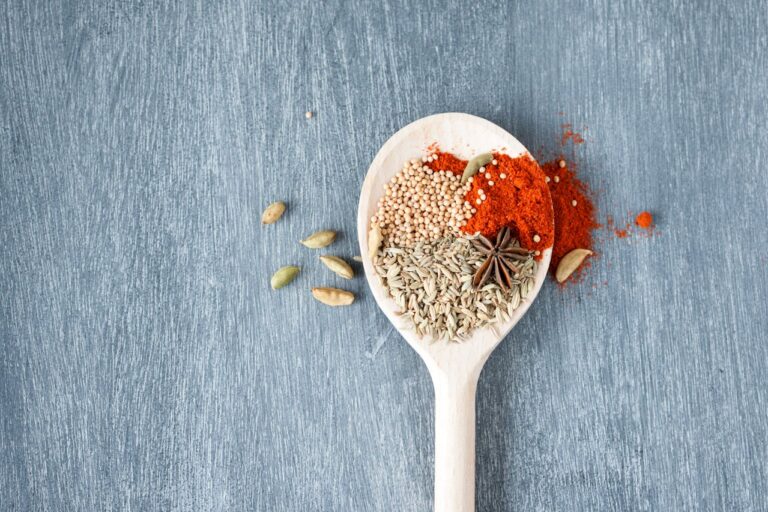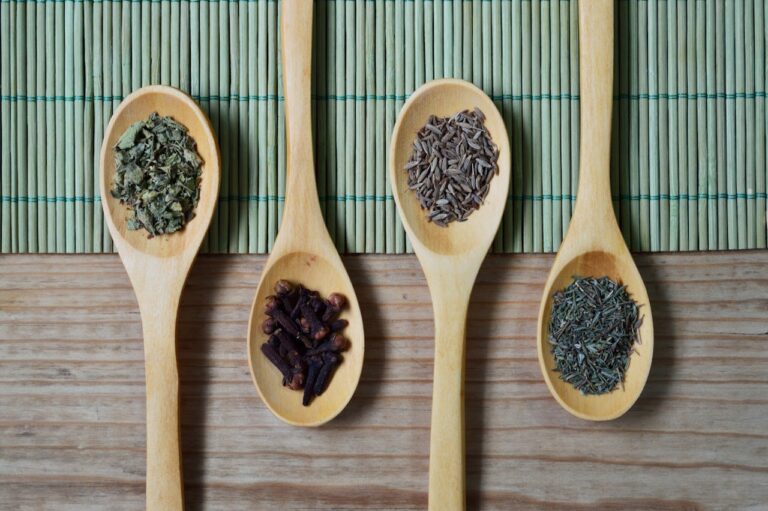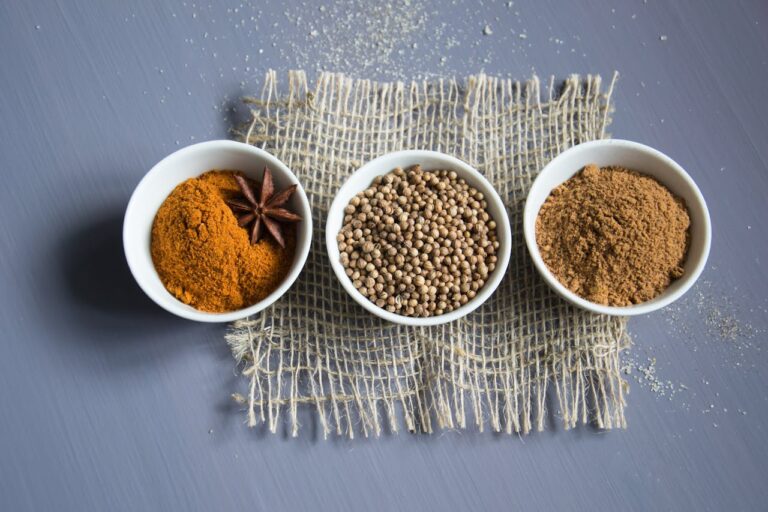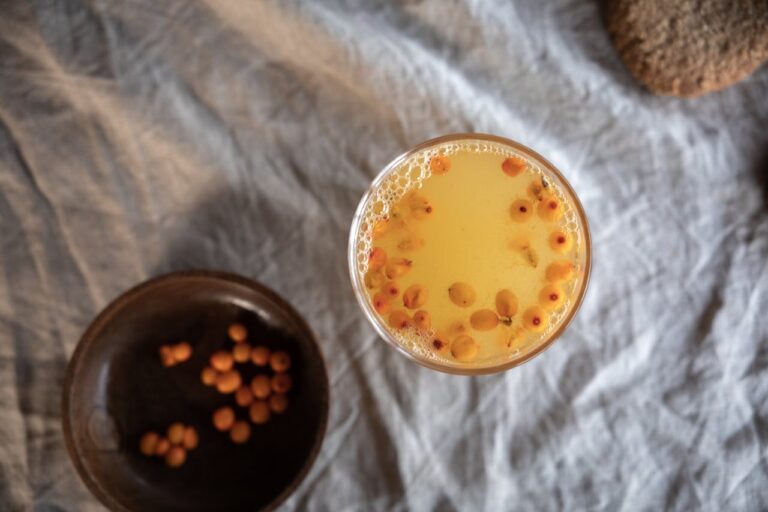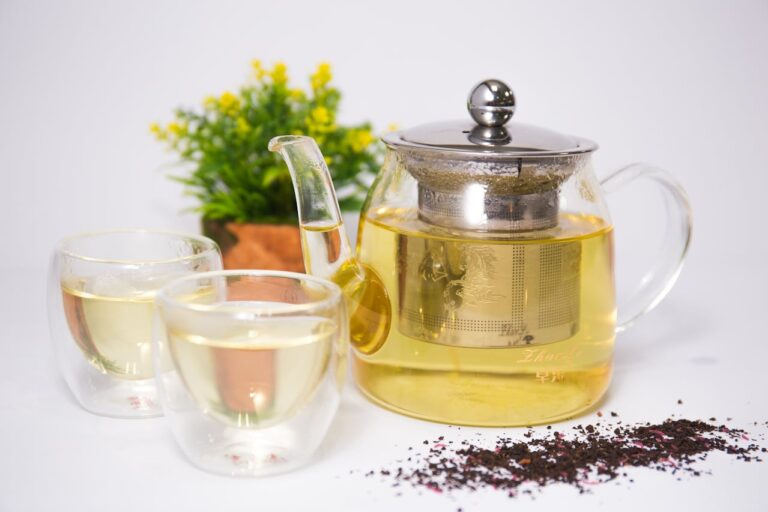Understanding Lyme Disease & Chronic Infections
Lyme disease and chronic infections are growing health concerns, affecting millions of people worldwide. Lyme disease, caused by the bacterium Borrelia burgdorferi, is primarily transmitted through tick bites. If left untreated or misdiagnosed, it can progress into chronic Lyme, leading to persistent symptoms such as fatigue, joint pain, brain fog, and neurological issues. Similarly, other chronic infections—such as Epstein-Barr virus (EBV), mycoplasma, and chronic mold exposure—can weaken the immune system, causing long-term health struggles.
Why Conventional Treatments Fall Short
Many people with Lyme disease and chronic infections struggle to find effective relief. Conventional treatments, such as antibiotics, may work in the early stages, but they are often less effective for chronic cases. Prolonged antibiotic use can also disrupt gut health, weaken immunity, and lead to antibiotic resistance. Additionally, some patients experience lingering symptoms even after treatment, known as Post-Treatment Lyme Disease Syndrome (PTLDS). This has led many to explore natural, herbal alternatives to support healing and recovery.
A Holistic Approach to Healing
Herbal medicine has been used for centuries to combat infections, support immune function, and reduce inflammation. Many herbs have powerful antimicrobial, antiviral, and immune-modulating properties that can help the body combat chronic infections naturally. Below are some of the most effective herbal protocols for Lyme disease and chronic infections.
1. Antimicrobial Herbs to Target Infections
- Japanese Knotweed (Polygonum cuspidatum) – Rich in resveratrol, this herb supports immune function and has antimicrobial properties against Borrelia and co-infections.
- Cat’s Claw (Uncaria tomentosa) – Boosts immune function, reduces inflammation, and may help fight Lyme bacteria.
- Andrographis (Andrographis paniculata) – A potent antimicrobial and immune booster, also known for reducing joint pain and fatigue.
- Cryptolepis (Cryptolepis sanguinolenta) – Traditionally used for malaria, this herb is effective against Lyme and other bacterial infections.
2. Immune-Boosting & Adaptogenic Herbs
- Astragalus (Astragalus membranaceus) – Strengthens the immune system and helps prevent reactivation of infections.
- Reishi Mushroom (Ganoderma lucidum) – A powerful adaptogen that modulates immune function and supports overall vitality.
- Cordyceps (Cordyceps sinensis) – Increases energy, supports the immune system, and helps the body adapt to stress.
3. Herbs for Detoxification & Inflammation
- Milk Thistle (Silybum marianum) – Supports liver detoxification, essential for clearing out toxins released by dying bacteria.
- Burdock Root (Arctium lappa) – Helps cleanse the blood and reduce inflammation.
- Turmeric (Curcuma longa) – A natural anti-inflammatory that helps with joint pain and brain fog.
4. Biofilm Disruptors
Borrelia bacteria can form protective biofilms, making them more resistant to treatment. Certain herbs can help break down these biofilms:
- Serrapeptase & Lumbrokinase – Enzymes that help dissolve biofilms and improve circulation.
- Black Walnut Hull (Juglans nigra) – Contains natural compounds that break through microbial biofilms.
Creating an Effective Herbal Protocol
When addressing Lyme disease and chronic infections, consistency is key. Here’s a simple approach to incorporating these herbs into a daily routine:
- Start Slowly – Introduce one herb at a time to monitor reactions.
- Combine Synergistic Herbs – Many herbs work best in combination, such as Japanese Knotweed and Cat’s Claw.
- Support Detox Pathways – Stay hydrated, eat a clean diet, and consider binders like activated charcoal to help eliminate toxins.
- Monitor Progress – Work with a qualified healthcare practitioner to track symptoms and adjust protocols as needed.
Lifestyle & Dietary Support for Healing
In addition to herbal protocols, making lifestyle changes can enhance recovery:
- Nutrient-Dense Diet – Focus on whole foods, anti-inflammatory fats, and plenty of vegetables.
- Stress Management – Meditation, deep breathing, and gentle movement like yoga can help regulate the nervous system.
- Quality Sleep – Prioritize rest to support immune function and cellular repair.
- Light Exercise – Gentle movement such as walking or stretching can improve circulation and lymphatic drainage.
Final Thoughts
Healing from Lyme disease and chronic infections requires a multi-faceted approach. While conventional treatments have their place, herbal medicine offers a natural, holistic way to support immune function, combat infections, and restore balance to the body. By incorporating antimicrobial herbs, immune-boosting adaptogens, and detoxifying remedies, many people find relief and improved well-being over time.
Disclaimer:
This article is for informational purposes only and does not constitute medical advice. Always consult with a healthcare professional before starting any new herbal protocols or treatments.


